Resistance from Hungary is a big challenge in the European Union's (EU) efforts to admit Ukraine.
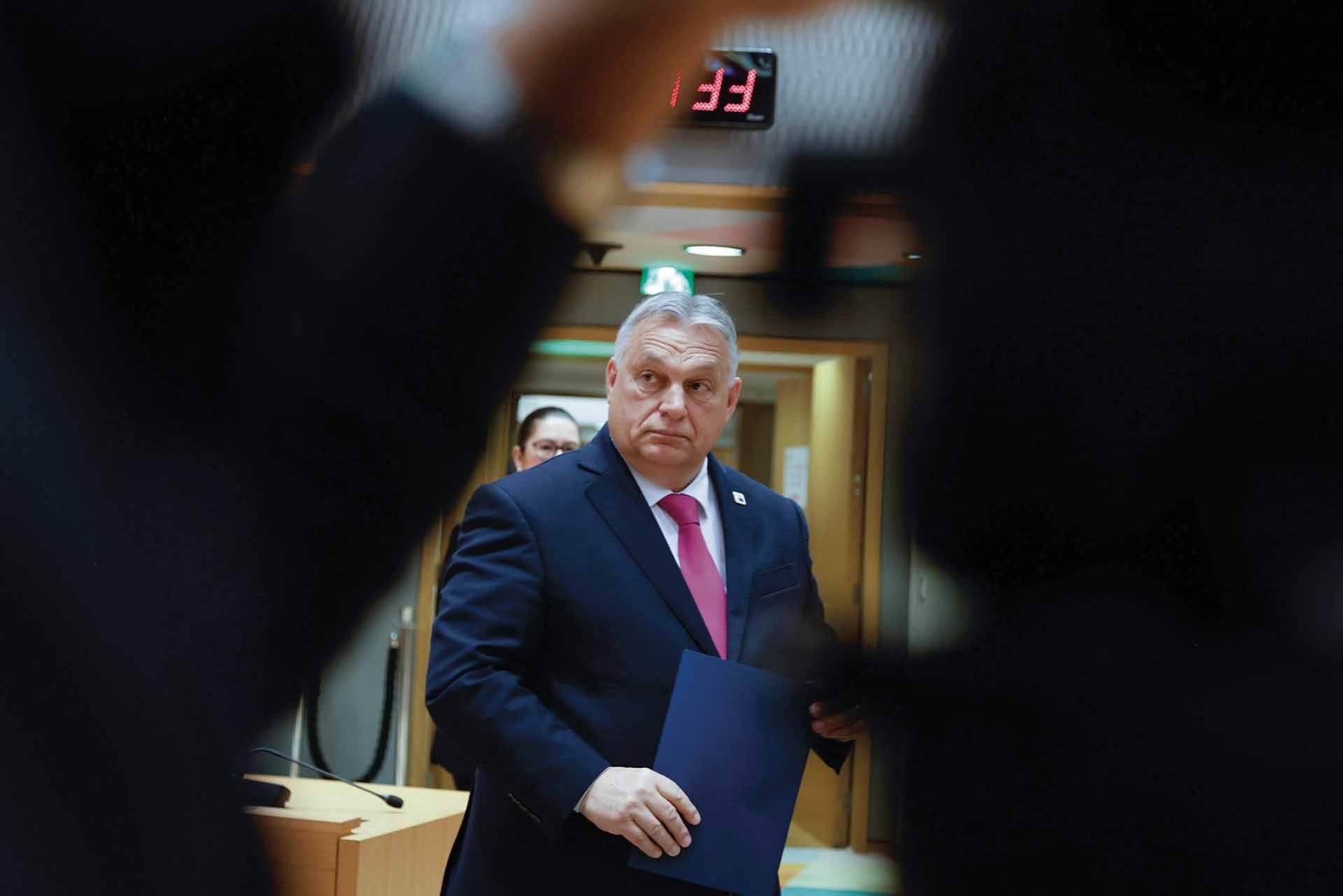 |
| Hungarian Prime Minister Viktor Orban declared that Budapest would not participate “in this terrible decision”. (Source: AP) |
On December 14, to the surprise of the world , the EU gave the green light for negotiations to admit Ukraine and Moldova. According to Le Figaro (France), this is a “historic decision, moving closer to expanding a bloc that is facing increasing pressure from Russia”.
On social network X, Ukrainian President Volodymyr Zelensky welcomed this decision. President of the European Council Charles Michel said, "This is a sign of hope for Ukraine and the continent." Secretary General of the North Atlantic Treaty Organization (NATO) Jens Stoltenberg commented: "This is not an act of charity, but an investment in security."
However, that effort was just a stepping stone to overcome the Hungarian barrier.
Historic coffee cup
In fact, the decision was only agreed upon by 26 EU member states. The meeting in Brussels did not include Hungarian Prime Minister Viktor Orban. He stated in his report that he did not vote. However, the EU will still need the support of Hungarian leaders in March or June 2024 on the conditions that Ukraine must comply with to join the bloc. Currently, 3/7 conditions have not been met. Les Echos (France) commented that the EU's decision is purely political and "enlarging the bloc will be a major challenge for EU governance".
Several sources said that German Chancellor Olaf Scholz personally spoke to his Hungarian counterpart and asked him to go out for coffee. An EU official said: “No one heard what they said. But it does not seem that Mr. Scholz gave Mr. Orban an order. The Hungarian Prime Minister voluntarily left and went to his delegation room.”
With Mr Orban literally out, the remaining 26 leaders continued their discussions and the vote went off without a hitch. It is believed that the idea of Mr Orban leaving the room to save Ukraine’s EU bid was already in the works. French President Emmanuel Macron has acknowledged that the idea was a collective effort. Estonian Prime Minister Kaja Kallas called it “an interesting event for the history books” and one she would include in her future memoirs, if she ever does.
Meanwhile, Mr Orban posted a video on social media, describing this as “absolute nonsense, absurd and wrong”. Speaking about the decision to abstain, the Hungarian Prime Minister said he “spent eight hours trying to convince them not to do this”. According to him, other EU leaders wanted to admit Ukraine “recklessly”, so he agreed with them that he would ignore the danger and leave them to their own devices.
In addition to Ukraine, the EU has given the green light to promote the candidacy of Georgia and Bosnia - Herzegovina. However, these countries are unlikely to join soon, especially when Mr. Viktor Orban will hold the rotating presidency of the EU from July 2024. Notably, Le Monde said that although Hungary opposes Ukraine's accession to the EU, it supports the applications of the Balkan countries. Researcher Ivana Rankovic at the Center for Security Policy (USA) commented that since returning to power in 2010, "Mr. Viktor Orban wants to make Hungary a regional power. The Balkan countries can help Budapest do this."
Difficult will be more difficult
In reality, EU membership negotiations will involve a complex array of issues that require careful and technical consideration. It will take Ukraine years to be ready to join the bloc. And Prime Minister Viktor Orban knows he has plenty of other opportunities to stop the process.
If EU leaders thought the Hungarian prime minister might suddenly find himself in a difficult position, they were disappointed. Subsequent talks in Brussels hit a snag when Mr. Orban used his veto to block a more specific and much more urgent decision to send a 50 billion euro ($55 billion) aid package to Kiev. It was not the first time the politician has used his veto to win concessions for Budapest, such as exemptions from Russian oil imports, although he has never blocked an EU deal.
French President Emmanuel Macron said: “Hungary is respected in the European Council. We listen to Mr Orban’s voice, but that respect implies responsibility. Therefore, I hope that in the coming months… he will behave like a European and not ‘kidnap’ our political progress.”
In response, Balazs Orban, political adviser to the Hungarian Prime Minister, said that Budapest was not blackmailing the EU, but rather the opposite. He implied that the country would only start cooperating if the EU released 20 billion euros, which had been frozen due to EU concerns about human rights and corruption in the country. He stressed that Hungary wanted that money before the EU agreed to spend more on Ukraine.
Despite the behind-the-scenes drama, European leaders insist they will tackle the issue of financial aid for Ukraine early next year. They believe they can persuade Prime Minister Viktor Orban to step in or find a way to pass aid without Budapest’s support. When asked how to persuade the politician to change his stance on Ukraine, European Council President Charles Michel said he was open to proposals. The EU has prepared for the worst-case scenario, allowing all members except Hungary to provide bilateral funding to Ukraine outside the 2024 budget.
In the spirit of “Hope for the best, but prepare for the worst”, can the EU and Ukraine overcome Hungary?
Source






![[Photo] Hanoi morning of October 1: Prolonged flooding, people wade to work](https://vphoto.vietnam.vn/thumb/1200x675/vietnam/resource/IMAGE/2025/10/1/189be28938e3493fa26b2938efa2059e)

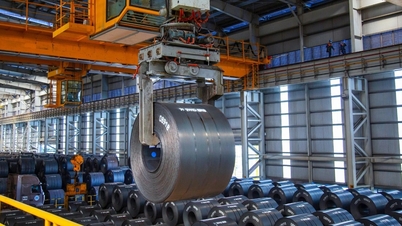



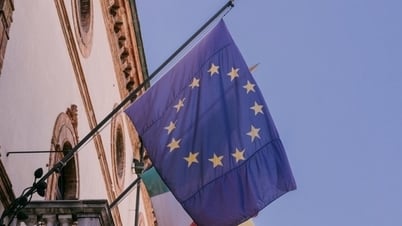
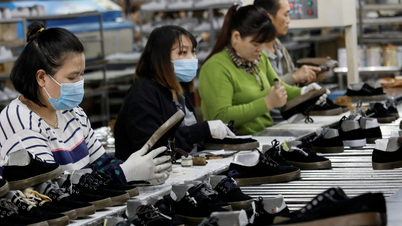

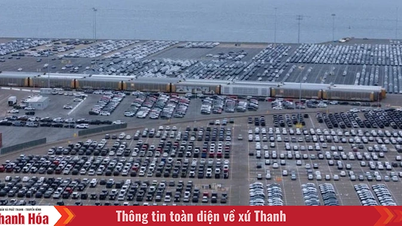

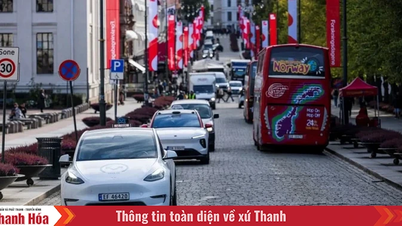












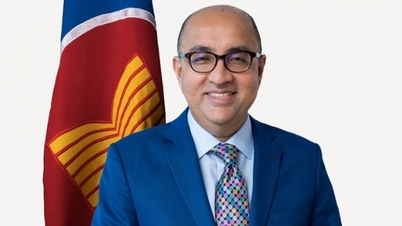
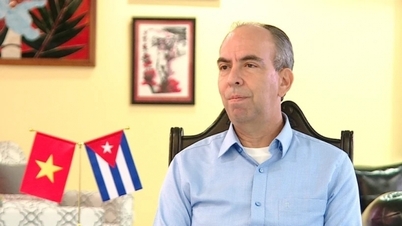



![[Photo] Panorama of the cable-stayed bridge, the final bottleneck of the Ben Luc-Long Thanh expressway](https://vphoto.vietnam.vn/thumb/1200x675/vietnam/resource/IMAGE/2025/9/30/391fdf21025541d6b2f092e49a17243f)
![[Photo] The 1st Congress of Phu Tho Provincial Party Committee, term 2025-2030](https://vphoto.vietnam.vn/thumb/1200x675/vietnam/resource/IMAGE/2025/9/30/1507da06216649bba8a1ce6251816820)
![[Photo] President Luong Cuong receives President of the Cuban National Assembly Esteban Lazo Hernandez](https://vphoto.vietnam.vn/thumb/1200x675/vietnam/resource/IMAGE/2025/9/30/4d38932911c24f6ea1936252bd5427fa)























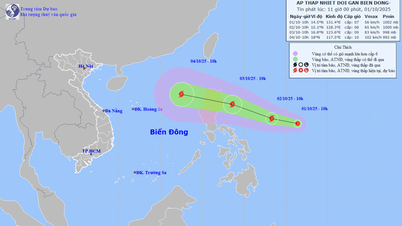
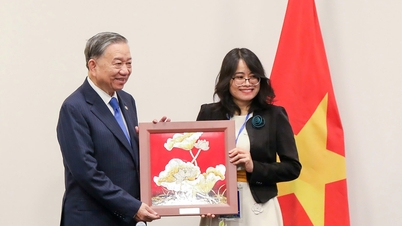

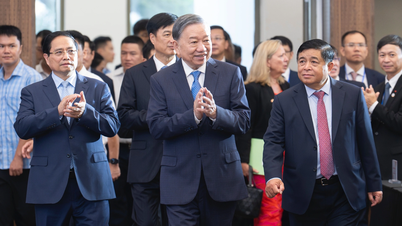
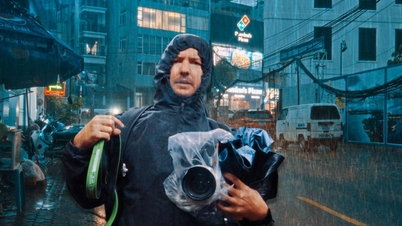
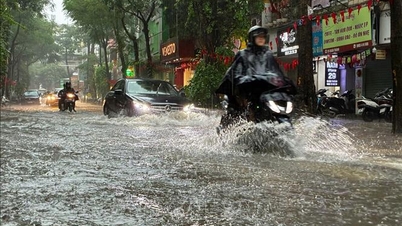



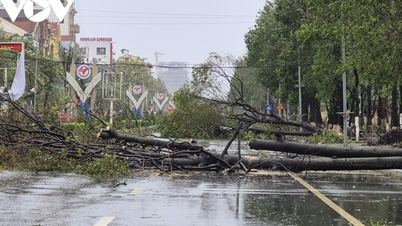


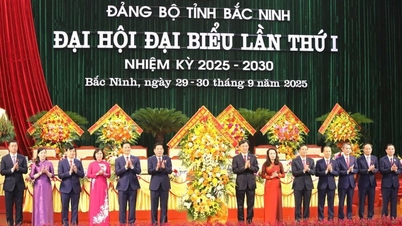







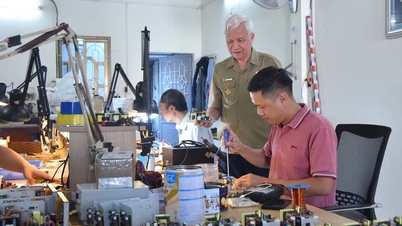















Comment (0)